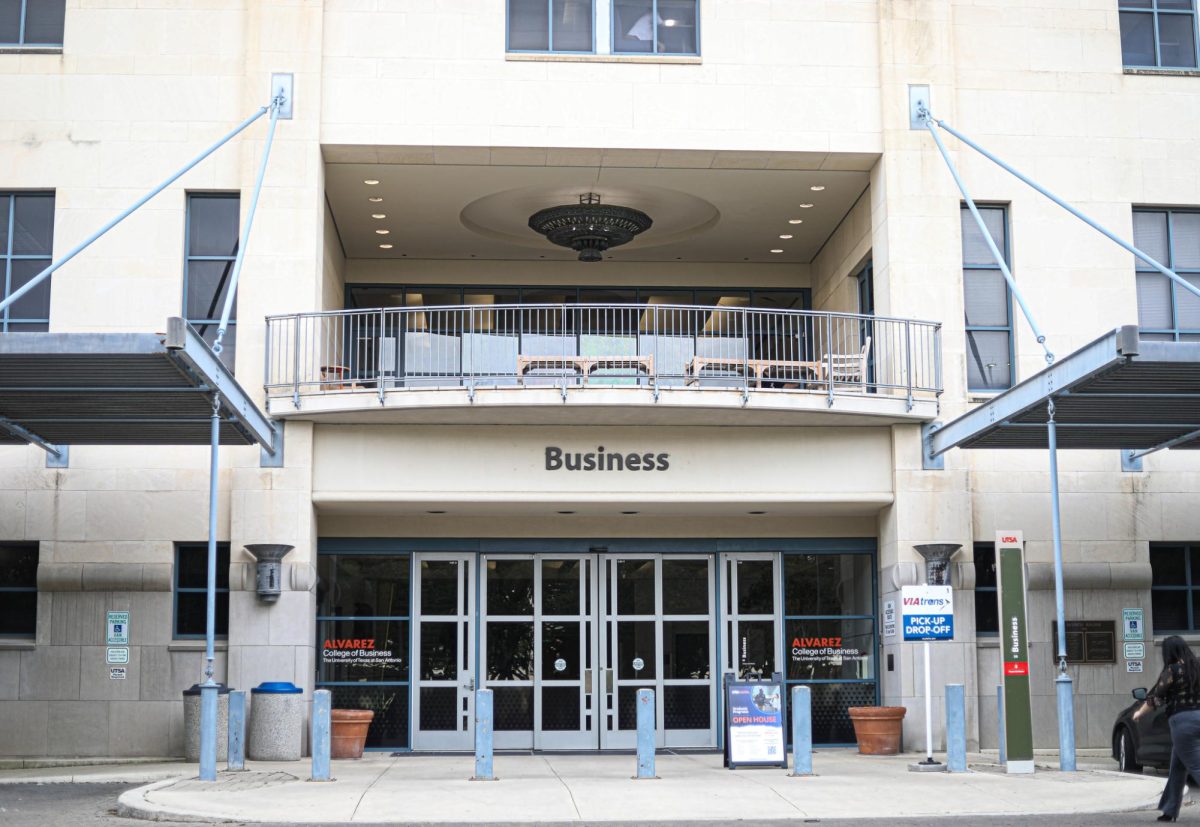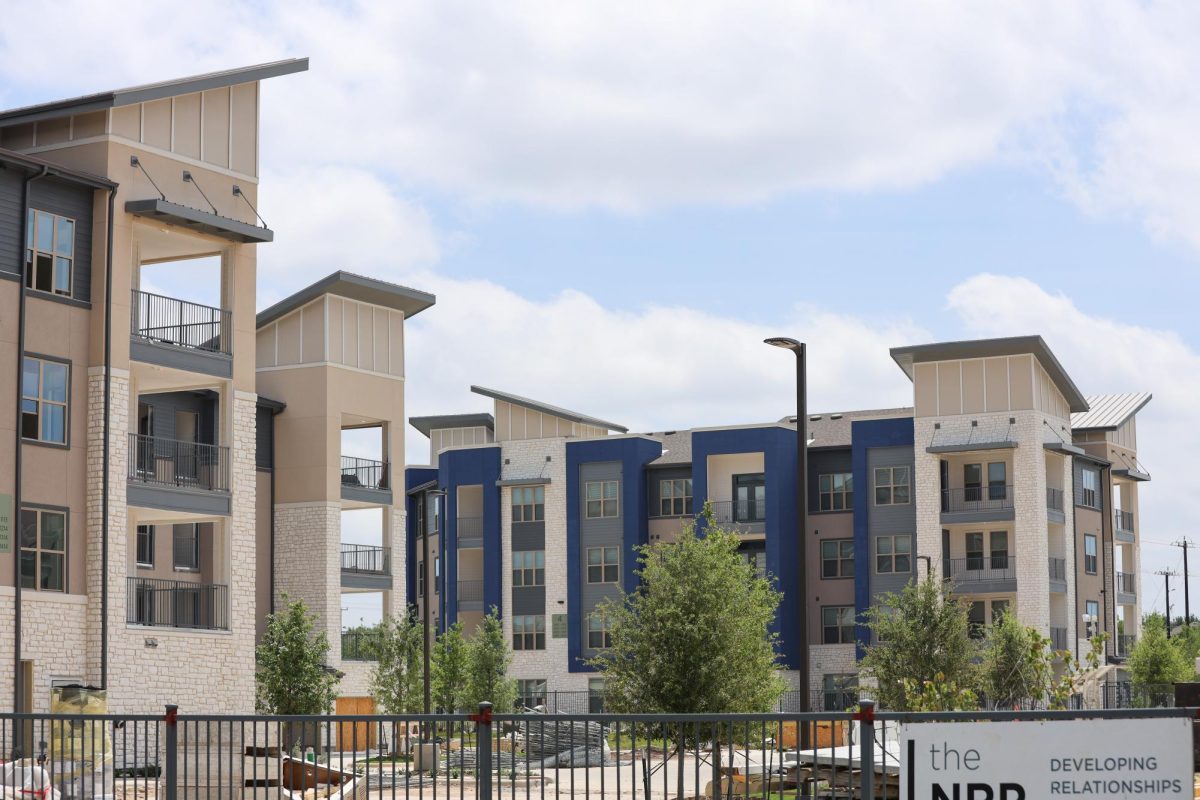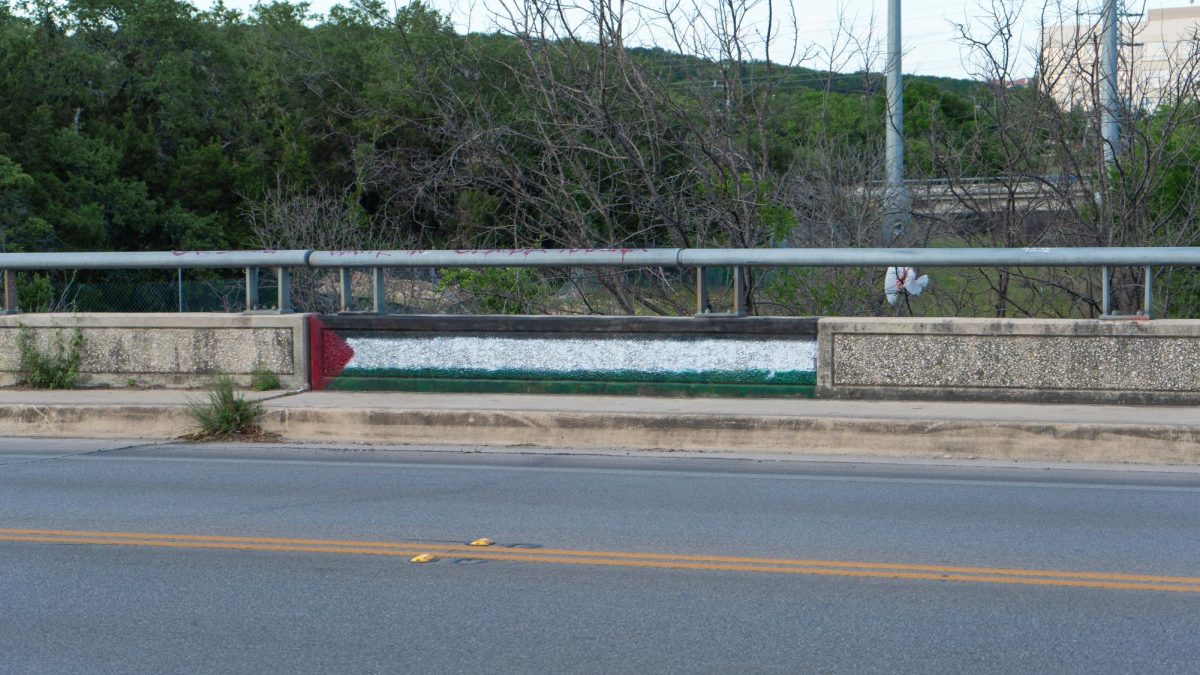
State Senator Eliot Shapleigh (D-El Paso) has a plan in which Texas residents would pay an annual state income tax and, as a result, 90 percent of property taxes would be eliminated.
The poorest of homeowners would, in the end, be paying 500 to 600 dollars a year less under this system, while wealthier Texans could see as much as a 200 dollar increase from what they now pay.
The plan would provide a new source of funding for public education, Shapleigh explained during a Oct. 6 speech sponsored by the Institute for Law and Public Affairs (ILPA).
The current method for funding, which involves school districts taxing property, has created vast educational disparities between individual districts, Shapleigh argued. In an attempt to help resolve this problem the state has implemented the Robin Hood Plan, which takes money from wealthy districts and redistributes it to poorer ones; a plan which has ultimately failed.
Shapleigh cited UTSA’s professor and state demographer Steve Murdock’s findings that, under the current system, by the year 2030, Texas’s household income and overall economy will begin to decline.
Under Robin Hood, nine in 10 students attend schools in districts that receive money from wealthier ones; however, the state contributions have not matched the growth of student bodies, forcing local districts to increase property taxes.
Despite the tax hike, poorer districts are still finding themselves unable to meet the funding of their wealthy counterparts, leading to educational disparities.
”With property taxes, the poorer you are, the more percentage of your income you pay. It’s even worse with sales tax. What we need is a fairer system,” said Shapleigh.
Shapleigh spoke of the difficulties of garnering a consensus for such a proposal in the state senate, which requires a two-thirds vote for passage of a bill. He simulated a senate vote by polling the audience on different issues; students were unable to pass the income tax, but were able to agree on some tax hikes proposed to strengthen funding.
This past year, after hearing testimony from Murdock, a state judge ordered the Texas legislature to resolve funding disparities between school districts.
The legislature has still been unable to agree on how deal with education funding, despite two special sessions called by Governor Rick Perry.











